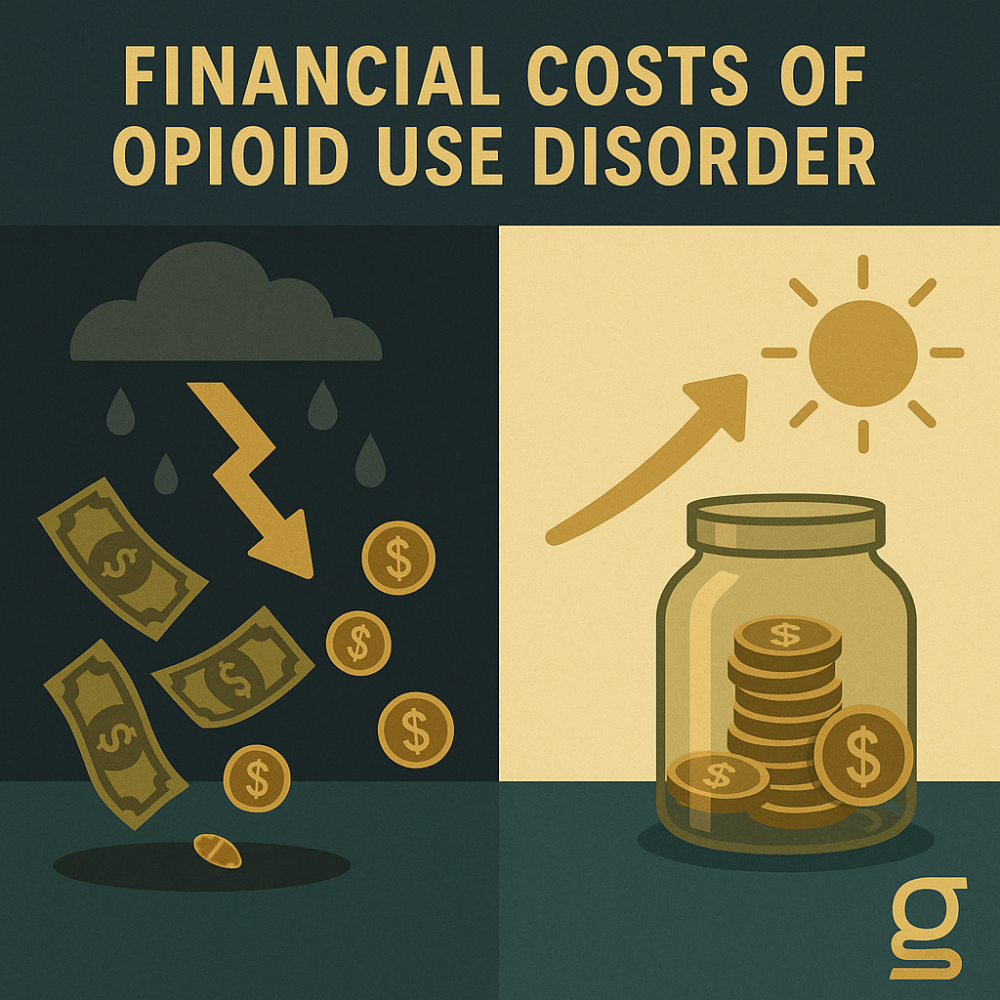Once an individual has gone through detox for a substance use disorder, they may be looking for continued treatment methods. Continuing treatment will likely include a rehabilitation program, a support group, or therapy. Besides these critical steps, there are also additional practices that they can work into their day-to-day life to help maintain their sobriety. One practice that has helped many people is health-related fitness.
What Is Health Related Fitness?
Health-related fitness or HRF is a collection of exercises an individual does to benefit their overall health, particularly their cardiovascular endurance, muscular strength, muscular endurance, flexibility, and body composition.
Cardiovascular Endurance
Cardiovascular endurance refers to the body’s ability to take in oxygen and deliver it throughout the body. To improve cardiovascular endurance, one can participate in exercises that challenge the heart and lungs. Doing this can enhance their cellular metabolism and allow their body to deliver oxygen more efficiently. Heavy substance use can weaken heart health, and focusing on this type of fitness can be beneficial to someone in recovery.
Some examples of exercises that can enhance cardiovascular endurance include:
- Running or walking
- Swimming
- Dancing
- Cycling
- Circuit training
Muscular Endurance
Muscular endurance refers to how long the muscles can sustain under exercises or a type of resistance. Some drugs can lead to muscle weakness and deterioration, making the body more susceptible to other problems down the road. Thus, focusing on enhancing muscular endurance can be helpful during recovery. Different exercises target different muscles throughout the body, such as cycling, which targets the leg muscles, or a plank which targets core muscles.
Muscular Strength
Muscular strength refers to how much force a muscle group can exert and how much energy it takes to exert that force. It’s essential to have a well-balanced muscle training plan that puts adequate focus on each muscle group. Muscular strength can be targeted through circuit training and can even be done in combination with cardio.
Flexibility
Flexibility focuses on the range of motion around a particular joint. Someone looking to enhance their flexibility can do exercises that involve stretching, such as yoga or Pilates.
Body Composition
Body composition is the proportion of fat in one’s body compared to fat-free mass or lean tissue. When an individual engages in substance misuse, their body composition is often unbalanced. To rebalance body composition, an individual simply needs to focus on making sure they are working to enhance the four other health-related fitness components.
Health Related Fitness and Hormones
When someone exercises, their stress hormones are lowered, and the flow of serotonin, dopamine, and endorphins is increased. These body hormones and chemicals are responsible for different things, including:
- Serotonin is a hormone that helps regulate bodily processes such as mood and stress levels and body temperature and metabolism.
- Dopamine is a chemical known for its part in the “reward center” of the brain. It induces pleasure, bliss, motivation, and focus. It can also impact brain function and sleep.
- Endorphins are another type of hormone that can induce pleasure and decrease pain levels. They are often called the “feel-good” chemicals because they target the brain’s reward system.
Each one of these hormones is essential to the body but is especially beneficial in maintaining sobriety. They help combat some of the mental and physical challenges an individual will experience during recovery that may make them want to relapse.
Health Related Fitness Reduces Cravings
Following an exercise regimen can be beneficial for anyone with a history of misusing a substance. Research has shown that regular exercise can lead to an increase in abstinent days. One study’s participants who struggled with substance use disorder committed to routine moderate aerobic exercise for 12 weeks and saw significantly better substance use outcomes than those who did not.
Exercise moves blood through the heart quicker, meaning regular exercise can increase the amount of oxygen and nutrients flowing to your body’s muscles. This increase in nourishment causes the body to grow stronger and release energy throughout the day. These higher energy levels then make daily tasks easier and often boost the ability to resist the urge to use drugs.
Structure and Routine With Health Related Fitness
Part of what makes regular exercise so powerful for curbing cravings is following a set routine. Signing up for exercise classes or planning a workout regimen provides a concrete routine for each day. This routine can help keep individuals on track during the day, with their free time taken up by healthy activities instead of drug or alcohol use.
Exercise can help structure an individual’s day by setting exercise sessions for a specific time. For example, early morning workouts can minimize the temptation to stay up late or drink the night before. Exercising after work can serve as an excuse to skip happy hour. Following a daily structure tailored to typical triggering moments can make it easier to stay on track.
Combatting Sleep Problems With Health-Related Fitness
Sleep is an essential component of recovery because people cannot function at their highest level or make the best choices for themselves without the proper amount of rest. Fatigue is often a result of poor sleep quality, and it can lead to relapse. Although sound sleep is crucial for those recovering, people in the earlier recovery phases tend to have difficulty sleeping through the night due to withdrawal.
Regular exercise can help individuals overcome sleeplessness by stimulating the recuperative processes that rebuild strength and restore health during sleep. A study published by ScienceDaily by Oregon State University found that performing at least 150 minutes of moderate to intense physical activity each week can enhance sleep quality by up to 65%. Exercising for a short amount of time before going to bed causes your body to cool at a faster rate, which makes it easier to fall asleep.
Individuals on their recovery journey should take every precaution to ensure that they maintain their sobriety. By utilizing health-related fitness, they repair some of the damage done to their mental and physical health from substance misuse and work to prevent relapse. The primary components of health-related fitness are cardiovascular endurance, muscular strength, muscular endurance, flexibility, and body composition. Each one of these elements should get the same amount of focus. Different exercises help enhance each of these components, and an individual may choose to work with a trainer to ensure they are targeting the intended parts of the body.
If you have a problem with substance use and have not yet gone through treatment, we urge you to reach out to us at Gallus Medical Detox Centers. Using our Gallus Method of Detox, we can ensure you are safe and comfortable as you start your recovery journey.


 Steve B
Steve B 

 Casey Wilson
Casey Wilson